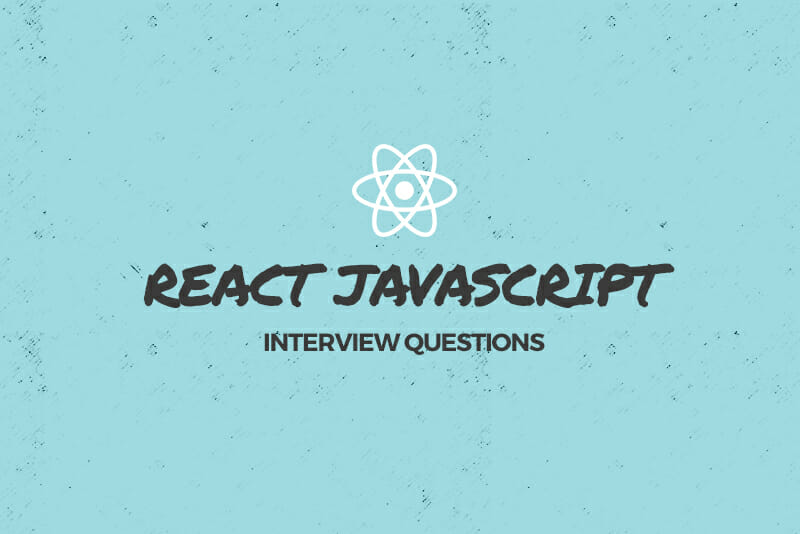Home » Tech Jobs Database » Systems Developer
Systems Developer
What Is a Systems Developer?
Systems developers work on system-level software, kernels, and network protocols among others.
How much will I make?
Salaries can range by location and years of experience, but these are averages for the US.
$59,412.00
according to Salary.com
Will I get a job?
Projected job growth is 17% for the period 2020-2030 in the US, according to the U.S. Bureau of Labor Statistics.
17,029
Total Openings
according to comptia.org
Who will I work for?
- Tech Companies (Microsoft, Google)
- Software Consultancies
- Telecommunications Companies
- Automotive Companies
- Aerospace Companies
Systems Developer
It’s absolutely possible to become a Systems Developer even if you have no prior experience in tech and no degree. In fact, a career as a Systems Developer is one of the best entry level jobs in tech. Read on to learn how to do it!
Learn The Required Skills
First things first, in order to become a Systems Developer you have to learn the required tech skills!
Software Testing
Software architecture involves high-level structure decisions, while design principles guide the creation of modular, maintainable, and scalable software systems.
Python
Python is a general-purpose coding language—which means it can be used for other types of programming and software development besides web development.
Read MoreJavaScript
JavaScript is a scripting language used to create and control dynamic website content, i.e. anything that moves, refreshes, or otherwise changes on your screen without requiring you to manually reload a web page.
Read MoreDebugging
Debugging is the process of finding and fixing errors in code. Debugging is a critical skill for anyone who works with code.
CI/CD
CI/CD is a software development practice that automates the process of building, testing, and deploying code. There are a number of CI/CD tools available, such as Jenkins, CircleCI, and Travis CI.
Git
Git is a distributed version control system that tracks changes in source code during software development, facilitating collaboration among developers and enabling code management across different versions.
Read MoreSQL
SQL stands for “Structured Query Language” and it is a programming language used to manage data in relational database management systems, creating data structures, and accessing data in web development.
Read MoreVersion Control
Version control is the management of changes to documents, source code, or other files, allowing multiple users to collaborate and track revisions, facilitating teamwork and preventing conflicts.
Read MoreBuild A Portfolio
The best way to demonstrate that you have the necessary skills—especially when you have no prior experience—is with a portfolio of professional quality coding samples.
Check out these blog posts for more:
Apply For Tech Jobs
Once you’ve learned all the required technical skills and built a killer portfolio, it’s time to dust off that old resume and LinkedIn profile and hit the pavement, or Internet superhighway as it were, in search of your first job as a Front End Developer!
➡️ Prepare Your Resume, LinkedIn, and Portfolio
Although your most valuable asset as you job search is your portfolio, you do have to cross your t’s and dot your i’s and when it comes to the job search that means optimizing your resume and LinkedIn profile. Tech employers expect you to have all three!
Check out these blog posts for more:
➡️ Build Your Network
Your net worth is in your network, which can be hard when you’re changing careers! But don’t worry, the tech industry is incredibly welcoming to newcomers. Whether you prefer in-person meetups, Slack channels, coffee-over-zoom chats, conferences, hack-a-thons or a little bit of everything, there are tons of opportunities for you to meet fellow techies.
Check out these blog posts for more:
➡️ Find Good Jobs To Apply For
A good job can be hard to find—or is it? The good news about tech is that there are so many openings at so many diverse companies that your biggest challenge will most likely be keeping up with all the opportunities!
Check out these blog posts for more:
➡️ Practice Interviewing
Whether you’re a season pro, or brand new to the tech industry: interviewing for a new job is tough! Add to that technical interviews…and you’ve got a recipe for heartburn, practically guaranteed. Luckily there’s an antacid on the market that works every time: practice. Read on for expert guidance on how to prepare for your next tech job interview.
Check out these blog posts for more:
➡️ Prepare for Technical Tests
Ah the dreaded technical test! Technical tests can come in many different forms: whiteboard tests, pair programming tests, take-home tests, algorithmic tests…just to name a few. Luckily, getting good at technical tests is a skill, just like anything else, and it’s one you can absolutely practice ahead of time.
Check out these blog posts for more:
You Might Also Be Interested In Learning About:
DevOps Engineering
While not strictly a “developer” title, DevOps engineers work closely with software development and IT teams to oversee code releases. They might work on infrastructure, automation, CI/CD pipelines, and more.
Learn More
Want more options?
Explore More than 57 tech job Profiles available On the Skillcrush Database
explore the databaseFAQ
-
What does a Systems Developer do?
Systems developers work on system-level software, kernels, and network protocols among others. You will find Systems Developer working at a number of different types of companies including Tech Companies (Microsoft, Google), Software Consultancies, Telecommunications Companies, Automotive Companies, Aerospace Companies.
-
How much do Systems Developers make?
Although salaries can range by location and years of experience, the average salary for Systems Developer in the US is $59,412.00 according to Salary.com.
-
Are Systems Developer in demand?
Yes, Systems Developer is in high demand: there are currently 17,029 jobs open. And the number of jobs is expected to grow substantially over the next 10 years. Projected job growth is 17% for the period 2020-2030 in the US, according to the U.S. Bureau of Labor Statistics.
-
Is a Systems Developer a good job?
Yes, with an average salary of $59,412.00 according to Salary.com, and 17,029 current job openings, Systems Developer is considered a great job.
-
What skills does a Systems Developer need?
In order to work as a Systems Developer you will need to know a number of different technical skills including .NET, Algorithms, AI, 3D modeling tools, 3D graphics.
-
Is it too late to become a Systems Developer at 35?
Absolutely not! You can become a Systems Developer at any age. And since so many jobs in tech, like Systems Developer, are relatively new, if no one over 35 could become one, there would be even MORE job openings than the 17,029 open Systems Developer roles that there are!


















